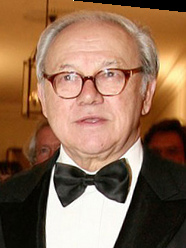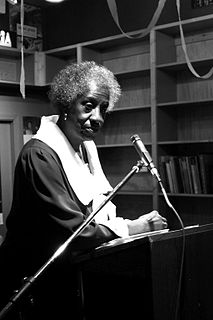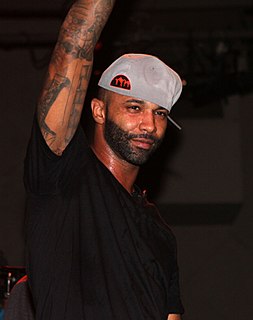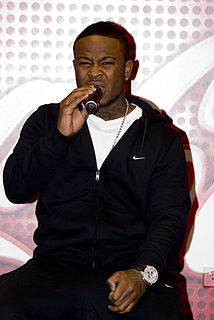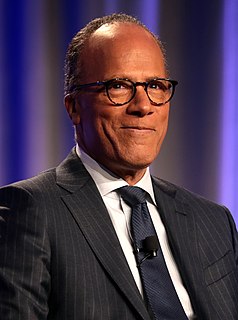A Quote by Gil Scott-Heron
When we were doing the "Angel Dust" thing we got information from the National Institute of Drug Abuse because we knew that if we went out and said something about angel dust people were going to ask questions about it and we wanted to be sure we had all the information to deal with it when those questions came up. So it's all a question of being as prepared as possible out front, so that if you are going to deal with information it'll be correct. A lot of people won't check it out but some people will.
Related Quotes
Well, there's a question as to what sort of information is important in the world, what sort of information can achieve reform. And there's a lot of information. So information that organizations are spending economic effort into concealing, that's a really good signal that when the information gets out, there's a hope of it doing some good...
Well, there's a question as to what sort of information is important in the world, what sort of information can achieve reform. And there's a lot of information. So information that organizations are spending economic effort into concealing, that's a really good signal that when the information gets out, there's a hope of it doing some good.
We hear a great deal of lamentation these days about writers having all taken themselves to the colleges and universities where they live decorously instead of going out and getting firsthand information about life. The fact is that anybody who has survived his childhood has enough information about life to last him the rest of his days. If you can't make something out of a little experience, you probably won't be able to make it out of a lot. The writer's business is to contemplate experience, not to be merged in it.
Change depends on people knowing the truth. Change depends on people speaking that truth out loud. That's what movements do. Movements educate people to the truth. They pass along information and ideas that many others do not know, and they cause them to ask questions, to challenge their own long-held beliefs. ... Movements are the way ordinary people get more freedom and justice. Movements are how we keep a check on power and those who abuse it.
One white man on the platform in South Carolina asked us where we were going--we had got off the train to get some fresh air and to dust the grit and dust out of our clothes. When we said Africa he looked offended and tickled too. Niggers going to Africa, he said to his wife. Now I have seen everything.
Success to me is self-determined, the life I live today, to come from a kid strung out on angel dust, homeless, at some points sleeping in the street. No money, not knowing where the next meal was coming from. No sex, no relationships, people that didn't love me, didn't care about me, to where I am today... that's successful. When I signed my record deal I always wanted to be respected by my peers for my ability and my skill level.
There are some artists that I'll always be cool with. We'll kick it and we'll check on each other from time to time. It's not always about number one records or gaining something off from being around me. I experienced all of those people that came into my life that vanished as soon as the rumor came out. They didn't even call to ask what was going on. Those that know me know that it's not true. Those people really broke my heart because they treated me differently. Just going from having everything to losing it all. I lost everything because of that.
I think we're more relevant than ever because it is such a noisy environment out there. What's a journalist now? It's anybody with a way to get information out and you're sitting there with your smartphone in front of you. That's what we're up against now. There's a lot of unfiltered information. Some of it is accurate, some of it way off base. We're that safe port in the storm.
When Wikileaks comes out, which I have nothing to do with, they're giving classified information. They're giving information about Hillary [Clinton] cheating on the debates. No one mentions that Hillary received the questions to the debates. Seriously, can you imagine if I received the questions? It would be the electric chair, ok?
There's a bigger question again about how to do prevention. It's not simply about putting out the early warning. The early warning was put out on Abyei; everybody knew that this was coming. This was intentional, and still it happened. So this idea that we fail to stop these things because there's not awareness about them, or that we need better early warning information, I'm increasingly skeptical of. I think it's about how you move that information into the policy process.
Anyone who grew up in the crack era - you know, I grew up in that era - knew that there were also people out - and there are still guys to this day that are out there, you know, obviously drug dealing - but those were the guys who had access and had money. And some of those guys felt responsible to create opportunity for other people and were also aware of the dangers of their work and often aren't really the ones that are encouraging kids to get into drug dealing.
Many more children observe attitudes, values and ways different from or in conflict with those of their families, social networks,and institutions. Yet today's young people are no more mature or capable of handling the increased conflicting and often stimulating information they receive than were young people of the past, who received the information and had more adult control of and advice about the information they did receive.
When a drug comes out [that's broadly prescribed] there are going to start to be a lot of people on it [in a million person cohort] and you might get therefore an early signal of something unexpected that hadn't come through in the clinical trials. And I'm sure [drug companies] would love it if, in fact, FDA, recognizing that, would say, OK, maybe you don't have to do your trial with 30,000 people because we're going to find out shortly after registration because we'll have a lot of people taking the drug and we'll be able to see what happened using PMI.



